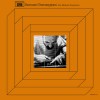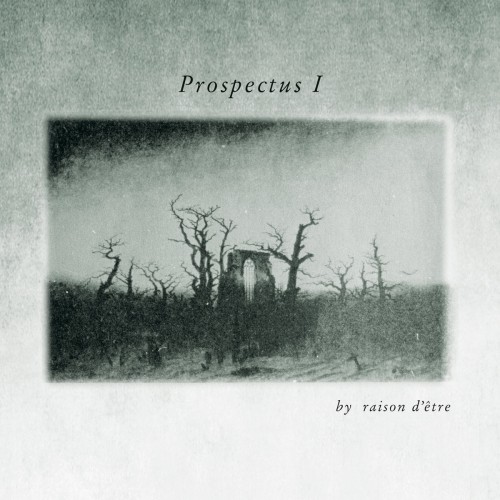 De Natura Sonorum seems an impossibly private affair. It feels a little like spying on an old guy as his mind is going and he’s trying to make sense of his belongings, looking at them with old-new eyes, touching them and trying to match the creases, smiling faintly because maybe that person in that clipping might be someone he once new, had a muscle memory of, an autonomic spasm in his DNA, his skin conducting new symphonies. It seemed a Krapp route, making Parmegiani a foil for some alchemical theory or other and trying to shoehorn Beckett into things because I kept thinking how perfect those guys would have been for one another; Bernard dragging Samuel around a soundworld, forcing him to let slip his repetition.
De Natura Sonorum seems an impossibly private affair. It feels a little like spying on an old guy as his mind is going and he’s trying to make sense of his belongings, looking at them with old-new eyes, touching them and trying to match the creases, smiling faintly because maybe that person in that clipping might be someone he once new, had a muscle memory of, an autonomic spasm in his DNA, his skin conducting new symphonies. It seemed a Krapp route, making Parmegiani a foil for some alchemical theory or other and trying to shoehorn Beckett into things because I kept thinking how perfect those guys would have been for one another; Bernard dragging Samuel around a soundworld, forcing him to let slip his repetition.
An old Stockhausen quote (one very dear to my heart for various reasons) also makes perfect sense here: “Whenever we hear…sounds, we are …changed, we are… no longer the same.” Parmegiani slices and dices like he knows he won’t be the same again; this is like the opposite of casual and shames almost everyone who’s been called an alchemist of sound (add your own exceptions).
I was playing this album once more on iTunes when I started writing this review, hoping for further insight, and at the end of one of the tracks it shifted suddenly to the Young Gods version of “Did You Miss Me” from their self-titled first album Finally, a kind of analogue; both albums lets the physical ping off the unnatural, the old butt-slap against the new. Both forge new links by utterly dissembling old ones (OK, Parmegiani doesn’t tip any toes into molten metal) and the process of rebuilding is laid quite bare, not hidden by murk or even echo.-Loki-



